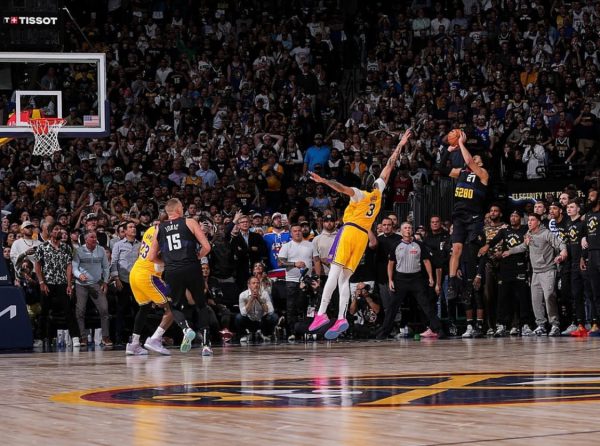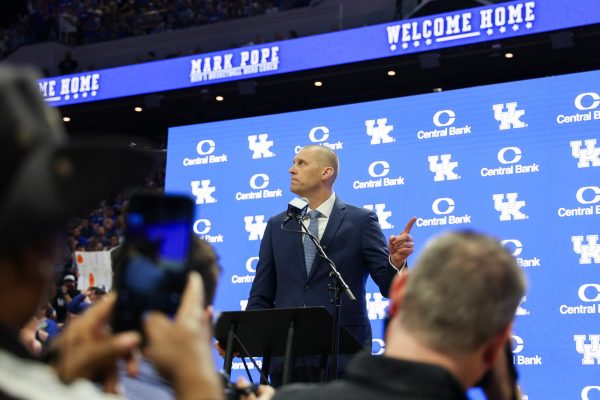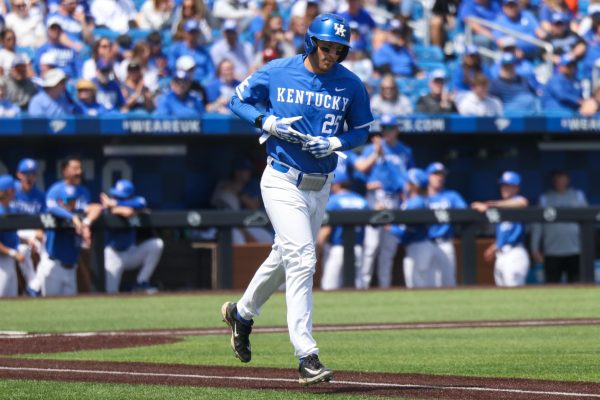You’ll Never Look at Music the Same Way Again
August 30, 2012
By Alexandria Sardam
“Video Killed The Radio Star” heard of it? Does cruising around vice city in a stolen car jostle any stowed memories of that jubilantly electric early 80’s hit? That delightfully tacky yet ever-popular tune served as the theme and radio song for the video game, Grand Theft Auto, accompanied movie soundtracks such as the cocaine filled, F-bomb dropping cinematic classic, Scarface, and made it’s most notable appearance as the first ever music video to grace the television waves of a little gem you’ve probably heard of called MTV.
Yep, the song made famous by the British pop band, The Buggles, hit airwaves only two short years after it was first recorded in 1979. While MTV was making its channel debut alongside the music video, the impact music television would have on its viewers was far from being predicted.
However, a facet of the music television realm that is even more capricious than it’s impact, something so unpredictable, even the Mayans couldn’t have guessed, is how immensely music television has evolved since it’s original creation.
Believe it or not, MTV’s original purpose drew from its namesake: to produce a channel that introduced, discussed and aired popular music videos. With the help of some handy video jockey’s this curious feat was accomplished, and quite inventively I might add.
MTV was so wildly successful that other channels soon began to dearly latch on to the marvel of music television, launching music driven programs of their very own. NBC expanded the pop-driven phenomenon, creating a channel that would span beyond the flavor of the week hits, airing alternative/rock videos. Shortly after it’s creation in 1984, the channel was sold to MTV.
The newly purchased channel that was repurposed and renamed as VH1 acted as the initial spark that ignited the monster music conglomerate of MTV Networks. These newly developed sister channels stretched their genius little mitts beyond the music world, encapsulating all things pop culture and raw entertainment.
While the expansion consisting of mostly reality programming served as satisfactory stimulation for a solid chunk of time, those viewers that used music programming as a source for music broadcasting were no longer satisfied, left to fend for themselves.
In this ever-growing, ever-evolving, instantaneous world, beyond the muck of every run-down stereotype that reality television has capitalized on, aware individuals are left with one prevailing question. Where the hell did the music go?

























































































































































